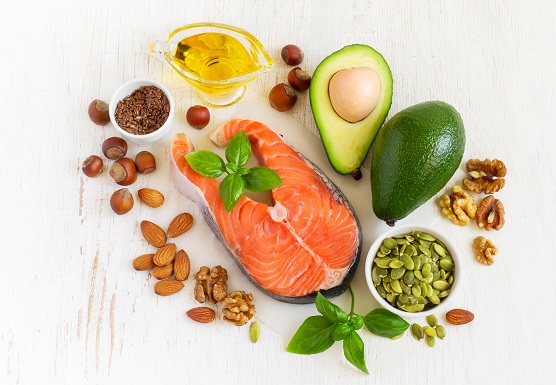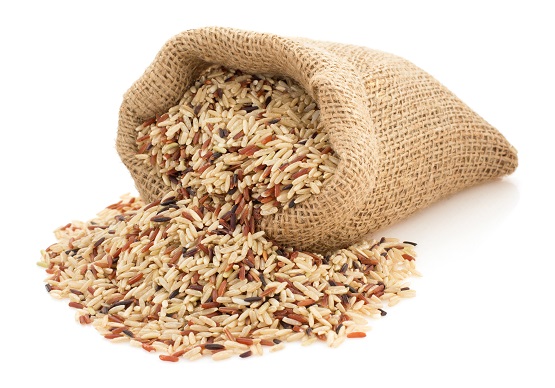The Facts on Fats

Though fat was once frowned upon in all its forms, many people are now aware of the importance of good types of fat in their diet. Sarah Sinaram, Head, Nutrition and Dietetics Department at Mount Alvernia Hospital, separates the good from the bad.
FATS AND THEIR FUNCTIONS
Fats store energy, insulate us and protect our vital organs. They also act as messengers, helping the proteins in our bodies do their jobs. In addition, they start the chemical reactions that help control growth, immune function, reproduction and other aspects of basic metabolism.
The cycle of making, breaking, storing and mobilising fats is at the core of how humans regulate their energy. An imbalance in any step can result in disease, including heart disease and diabetes. For instance, having too many triglycerides in our bloodstream raises our risk of clogged arteries, which can lead to heart attack and stroke.
Fats help the body store certain nutrients as well. The so-called ‘fat-soluble’ vitamins – A, D, E and K – are stored in the liver and in fatty tissues.
GOOD FATS
There are two broad categories of beneficial fats – monounsaturated and polyunsaturated. They come mainly from vegetable and fish products.
Monounsaturated fats are fat molecules that have one unsaturated carbon bond in the molecule, also known as a double bond. Oils that contain monounsaturated fats are typically liquid at room temperature but start to turn solid when chilled. Monounsaturated fats can help reduce bad cholesterol levels in your blood, which can lower your risk of heart disease and stroke. They also provide nutrients that help develop and maintain your body’s cells.
Polyunsaturated fats are required for normal body functions including building cell membranes, blood clotting, muscle contraction and relaxation, and inflammation. They also help lower triglycerides. Since the body cannot manufacture them, they must be obtained from food. The polyunsaturated fat known as omega-3 has been proven to help prevent and even treat heart disease and stroke, and could be helpful in the treatment of autoimmune diseases such as lupus, eczema, and rheumatoid arthritis.
Another type of polyunsaturated fat, omega-6, is thought to improve heart health by helping reduce the total and LDL-cholesterol (‘bad’ cholesterol) levels in the blood.
BAD FATS
Saturated fats and trans fats are classified as ‘bad’ as they have a negative impact on our blood cholesterol levels.
Saturated fats may increase LDL-cholesterol and increase the risk of coronary artery disease. The National Nutrition Survey 2010 showed that 70 percent of Singaporeans exceed their recommended saturated fat intake.
Trans fats may increase LDL-cholesterol and reduce HDL-cholesterol. Intake of trans fats should be kept to a minimum.
HEALTHIER CHOICES
Rather than eliminate fats from your diet, target the good ones. Seek out brands that carry the Healthier Choice symbol. A product can claim to be trans fat-free if it has less than 0.5g of trans fat per 100g of product. In Singapore, trans fat-free margarine is now available.
In short, know your fats and make informed food choices.
Article contributed by Ms Sarah Sinaram, Nutrition and Dietetics Manager. Click here to learn more about our Nutrition and Dietetic services.
This article is taken from our My Alvernia Magazine Issue #35. Click here to read the issue on our website or on Magzter.



